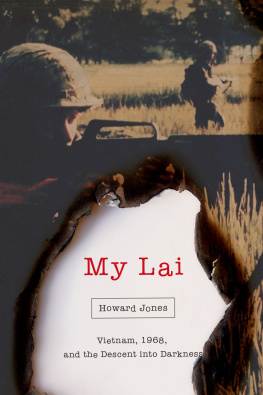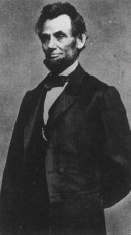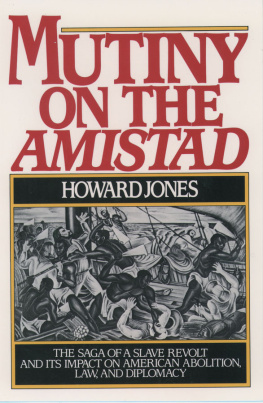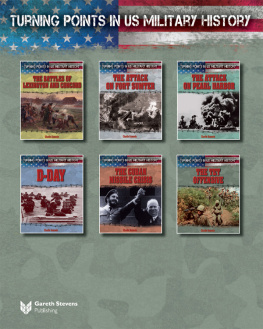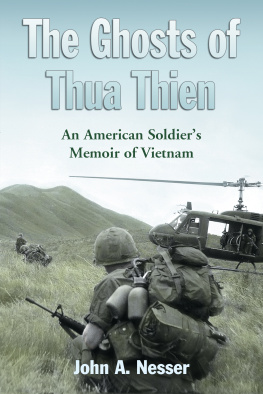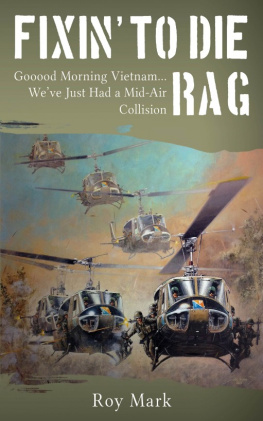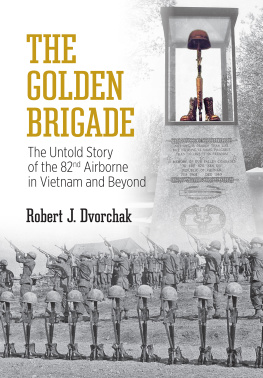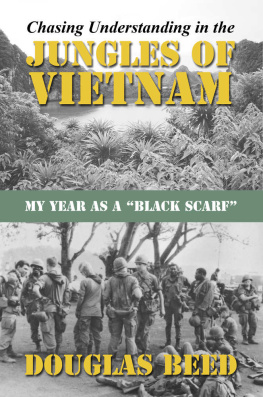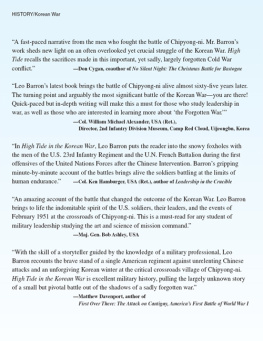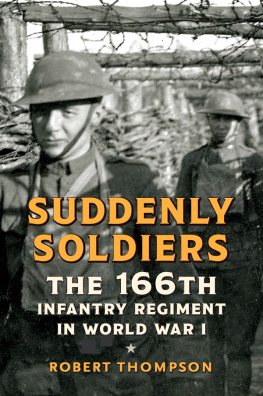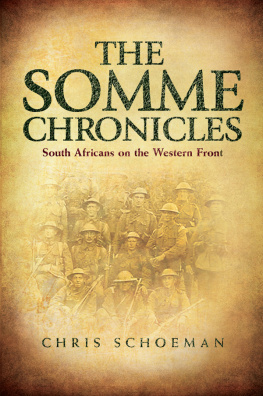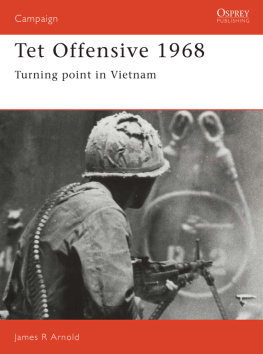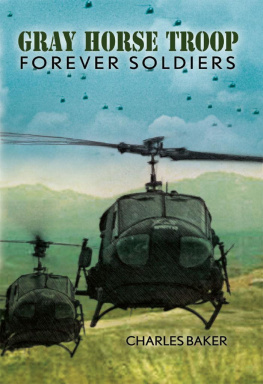Pivotal Moments in American History
Series Editors
David Hackett Fischer
James M. McPherson
David Greenberg
James T. Patterson
Brown v. Board of Education: A Civil Rights Milestone and Its Troubled Legacy
Maury Klein
Rainbows End: The Crash of 1929
James McPherson
Crossroads of Freedom: The Battle of Antietam
Glenn C. Altschuler
All Shook Up: How Rock n Roll Changed America
David Hackett Fischer
Washingtons Crossing
John Ferling
Adams vs. Jefferson: The Tumultuous Election of 1800
Joel H. Silbey
Storm over Texas: The Annexation Controversy and the Road to Civil War
Raymond Arsenault
Freedom Riders: 1961 and the Struggle for Racial Justice
Colin G. Calloway
The Scratch of a Pen: 1763 and the Transformation of North America
Richard Labunski
James Madison and the Struggle for the Bill of Rights
Sally G. McMillen
Seneca Falls and the Origins of the Womens Rights Movement
Howard Jones
The Bay of Pigs
Lynn Parsons
The Birth of Modern Politics: Andrew Jackson, John Quincy Adams, and the Election of 1828
Elliott West
The Last Indian War: The Nez Perce Story
Glenn C. Altschuler & Stuart M. Blumin
The GI Bill: A New Deal for Veterans
Richard Archer
As If an Enemys Country: The British Occupation of Boston and the Origins of Revolution
Thomas Kessner
The Flight of the Century: Charles Lindbergh and the Rise of American Aviation
Craig L. Symonds
The Battle of Midway
Richard Moe
Roosevelts Second Act: The Election of 1940 and the Politics of War
Emerson W. Baker
A Storm of Witchcraft: The Salem Trials and the American Experience
Louis P. Masur
Lincolns Last Speech: Wartime Reconstruction and the Crisis of Reunion
David L. Preston
Braddocks Defeat: The Battle of the Monongahela and the Road to Revolution
Michael A. Cohen
Maelstrom: The Election of 1968 and American Politics
Also by Howard Jones
To the Webster-Ashburton Treaty
Mutiny on the Amistad
A New Kind of War
Dawning of the Cold War
Union in Peril
Prologue to Manifest Destiny
Abraham Lincoln and a New Birth of Freedom
Crucible of Power
Death of a Generation
The Bay of Pigs
Blue and Gray Diplomacy
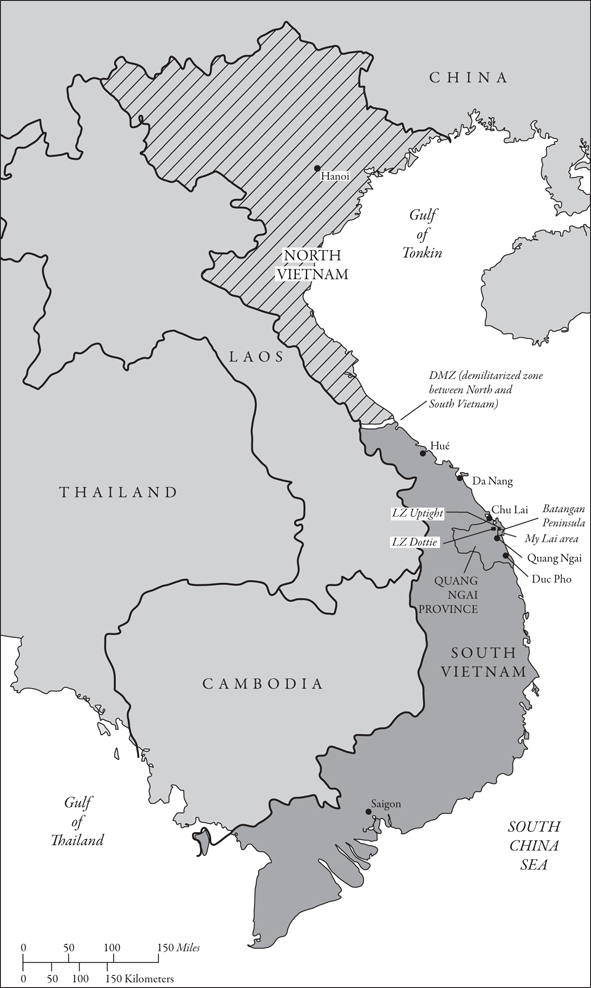
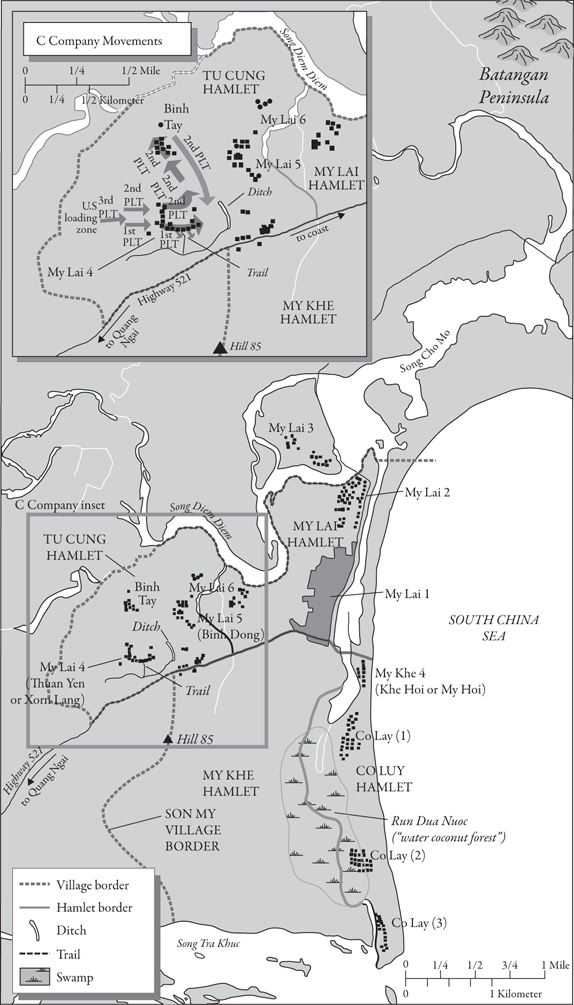

Oxford University Press is a department of the University of Oxford. It furthers the Universitys objective of excellence in research, scholarship, and education by publishing worldwide. Oxford is a registered trade mark of Oxford University Press in the UK and certain other countries.
Published in the United States of America by Oxford University Press
198 Madison Avenue, New York, NY 10016, United States of America.
Howard Jones 2017
All rights reserved. No part of this publication may be reproduced, stored in a retrieval system, or transmitted, in any form or by any means, without the prior permission in writing of Oxford University Press, or as expressly permitted by law, by license, or under terms agreed with the appropriate reproduction rights organization. Inquiries concerning reproduction outside the scope of the above should be sent to the Rights Department, Oxford University Press, at the address above.
You must not circulate this work in any other form and you must impose this same condition on any acquirer.
Library of Congress Cataloging-in-Publication Data
Names: Jones, Howard, 1940 author.
Title: My Lai : Vietnam, 1968, and the Descent into Darkness / Howard Jones.
Description: New York, NY: Oxford University Press, [2017] | Series: Pivotal moments in American history | Includes bibliographical references and index.
Identifiers: LCCN 2016042464 | ISBN 9780195393606 (hardback : acid-free paper)
ebook ISBN 9780190228781
Subjects: LCSH: My Lai Massacre, Vietnam, 1968. | Vietnam War, 19611975Atrocities. |
Calley, William Laws, Jr., 1943Trials, litigation, etc. |
Vietnam War, 19611975United States. | Vietnam War, 19611975Moral and ethical aspects. | BISAC: HISTORY / Military / Vietnam War. | HISTORY / United States / 20th Century.
Classification: LCC DS557.8.M9 J77 2017 | DDC 959.704/3dc23
LC record available at https://lccn.loc.gov/2016042464
1 3 5 7 9 8 6 4 2
Printed by Edwards Brothers Malloy, United States of America
For Mary Ann and for the lost generationon both continents
A special tribute to Warrant Officer Hugh C. Thompson,
Specialist-4 Glenn W. Andreotta, and
Specialist-4 Lawrence M. Colburn
for personifying the essence of good character
in the midst of horrific circumstances
To the Reader
The words My Lai have become synonymous with the atrocities committed by U.S. soldiers in Son My Village, South Vietnam, on March 16, 1968. Indeed, the Viet Nam News in Hanoi in March 2008 referred to My Lai (now Son My) in describing the commemorative events on the fortieth anniversary of the My Lai Massacre. In truth, however, four massacres occurred on that dayin the subhamlets of My Lai 4, My Khe 4, Binh Tay, and Binh Dong. No one can know what happened in those places without knowing what happened in each one. To grasp the full measure of these events, the following account is graphic and detailed.
Last Train to Nuremberg
Last train to Nuremberg!
Last train to Nuremberg!
Last train to Nuremberg!
All on board!
Do I see Lieutenant Calley?
Do I see Captain Medina?
Do I see Genral Koster and all his crew?
Do I see President Nixon?
Do I see both houses of Congress?
Do I see the voters, me and you?
Who held the rifle? Who gave the order?
Who planned the campaign to lay waste the land?
Who manufactured the bullets? Who paid the taxes?
Tell me, is this blood upon my hands?
If five hundred thousand mothers went to Washington Saying,
Bring all our boys home without delay!
Would the man they came to see, say he was too busy?
Would he say he had to watch a football game?
Sanga Music Inc. (BMI) administered by Figs, D Music c/o The Bicycle Music Company. All Rights Reserved. Used by Permission. In this song, folk singer Pete Seeger expressed his feelings toward those he held responsible for the My Lai massacre. Excerpts from the lyrics appeared in a booklet available at the Son My War Remnant Site in My Lai: A Look Back upon Son My (Quang Ngai, Vietnam: Son My Vestige Site Management Board, 2009), 5556.
Contents
I want to extend a special thank-you to my former graduate student from Hanoi, Nhung Walsh, who is the bedrock of this book. A few years ago, Ronald Spector of George Washington University sent her my way to work on a masters degree in history. Afterward, she focused on her interest in art while helping me on this project in more ways than I ever could have imagined. A constant source of encouragement, she located materials, including (with the assistance of her husband, Joe) making digital copies of the CID documents in the Colonel Henry Tufts My Lai Collection at the University of Michigan, arranging my interviews of three survivors of the My Lai massacre, interviewing the commanding officer of the 48th Viet Cong Battalion in Pinkville, and translating and transcribing the notes on these interviews for my use. Furthermore, she put me in touch with Lawrence Colburn, the young gunner on the helicopter piloted by Chief Warrant Officer Hugh Thompson, who first reported the massacre to superiors and brought about a ceasefire. Throughout the long process, Nhung emphasized the importance of incorporating the Vietnamese side into the narrative and remaining objective in telling the story. I cannot thank her enough.

